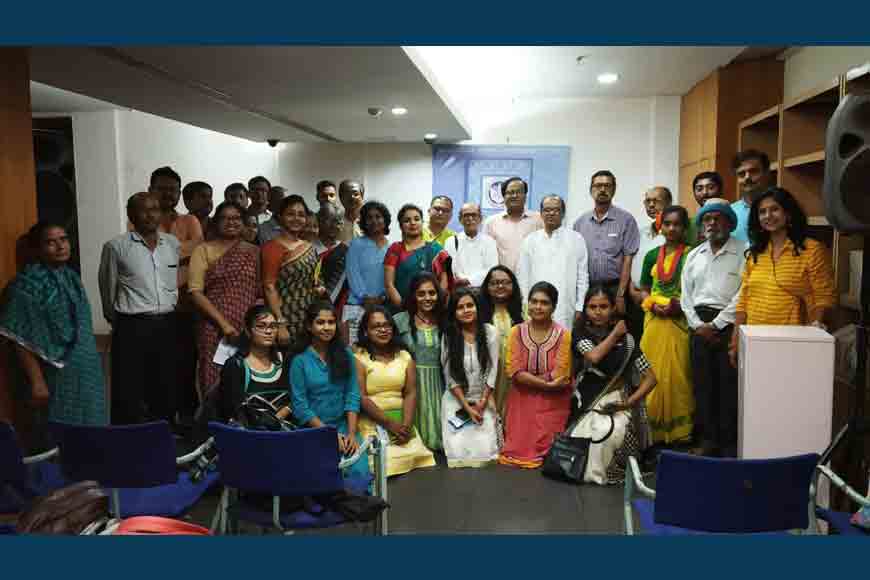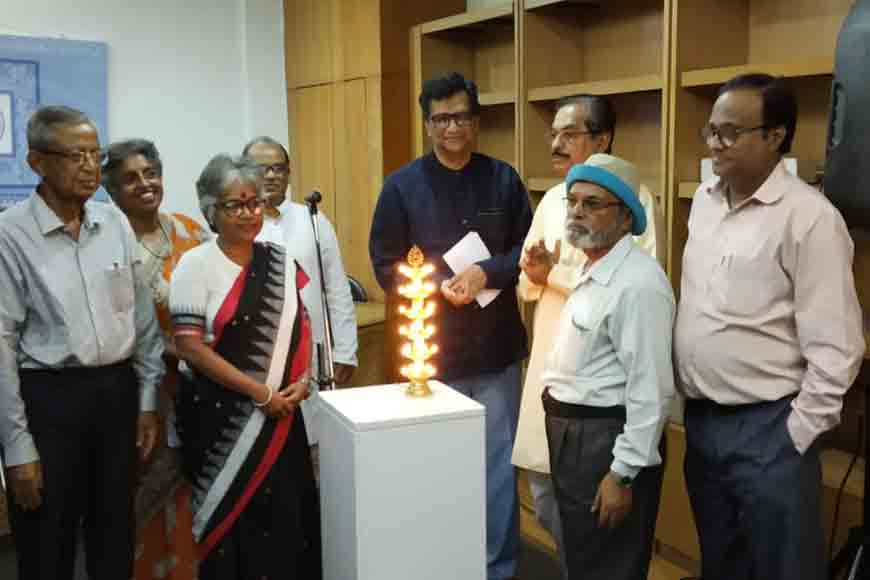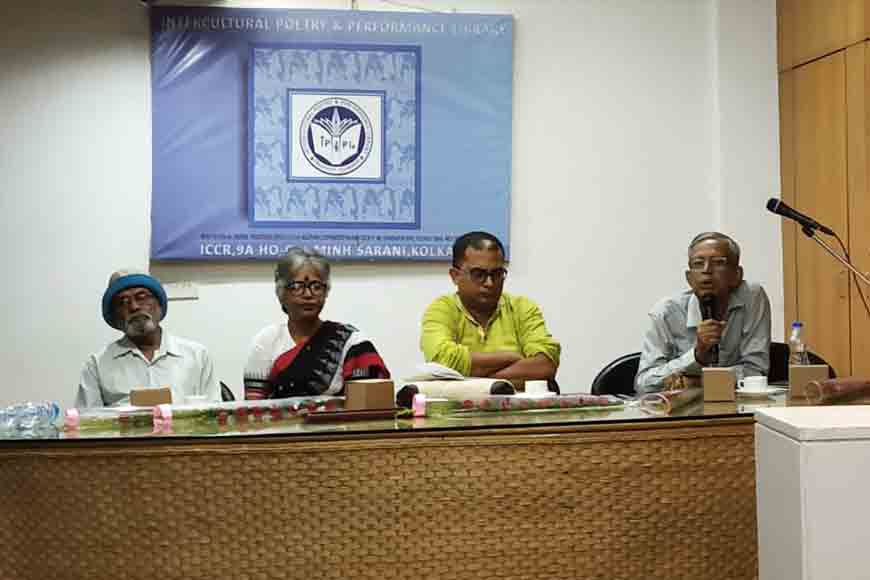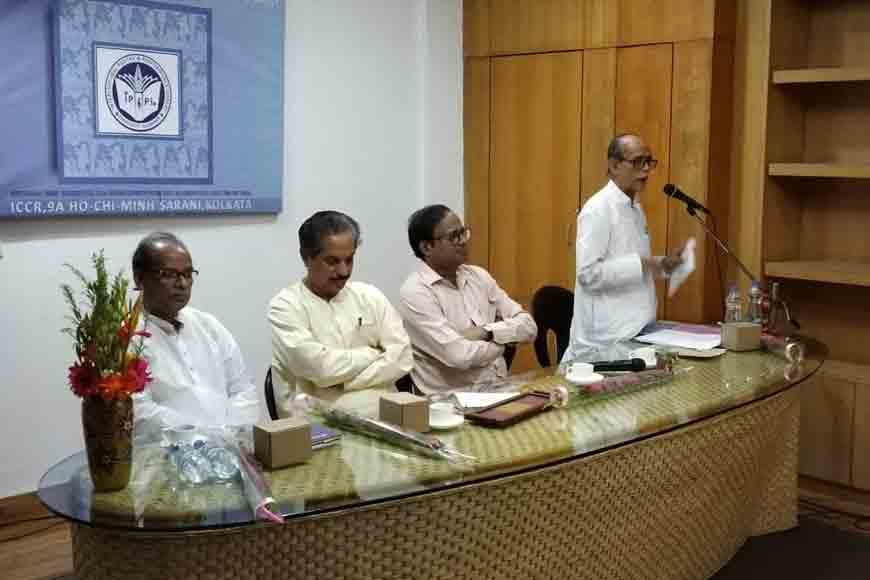Warning (2)
: Trying to access array offset on value of type null [in /home/getbengal/public_html/templates/Home/story_detail.php, line 16]
Is there ‘Dalit’ literature in Bangla?
Code
<a href="<?php echo PATH?>story/<?php echo $articleDetails['section']['slug']?>" rel="category tag"><?php echo $articleDetails['section']['title']?></a> /<a href="<?php echo PATH?>story/tag/<?php echo $articleDetails['category']['slug']?>" rel="category tag"><?php echo $articleDetails['category']['name']?></a></aside>
/home/getbengal/public_html/vendor/cakephp/cakephp/src/View/View.php /home/getbengal/public_html/vendor/cakephp/cakephp/src/View/View.php, line 1222 Cake\View\View->_evaluate() /home/getbengal/public_html/vendor/cakephp/cakephp/src/View/View.php, line 1179 Cake\View\View->_render() /home/getbengal/public_html/vendor/cakephp/cakephp/src/View/View.php, line 810 Cake\View\View->render() /home/getbengal/public_html/vendor/cakephp/cakephp/src/Controller/Controller.php, line 790 Cake\Controller\Controller->render() /home/getbengal/public_html/vendor/cakephp/cakephp/src/Controller/Controller.php, line 569 Cake\Controller\Controller->invokeAction() /home/getbengal/public_html/vendor/cakephp/cakephp/src/Controller/ControllerFactory.php, line 140 Cake\Controller\ControllerFactory->handle() /home/getbengal/public_html/vendor/cakephp/cakephp/src/Controller/ControllerFactory.php, line 115 Cake\Controller\ControllerFactory->invoke() /home/getbengal/public_html/vendor/cakephp/cakephp/src/Http/BaseApplication.php, line 325 Cake\Http\BaseApplication->handle() /home/getbengal/public_html/vendor/cakephp/cakephp/src/Http/Runner.php, line 86 Cake\Http\Runner->handle() /home/getbengal/public_html/vendor/cakephp/cakephp/src/Http/Middleware/CsrfProtectionMiddleware.php, line 166 Cake\Http\Middleware\CsrfProtectionMiddleware->process() /home/getbengal/public_html/vendor/cakephp/cakephp/src/Http/Runner.php, line 82 Cake\Http\Runner->handle() /home/getbengal/public_html/vendor/cakephp/cakephp/src/Http/Middleware/BodyParserMiddleware.php, line 157 Cake\Http\Middleware\BodyParserMiddleware->process() /home/getbengal/public_html/vendor/cakephp/cakephp/src/Http/Runner.php, line 82 Cake\Http\Runner->handle() /home/getbengal/public_html/vendor/cakephp/cakephp/src/Routing/Middleware/RoutingMiddleware.php, line 189 Cake\Routing\Middleware\RoutingMiddleware->process() /home/getbengal/public_html/vendor/cakephp/cakephp/src/Http/Runner.php, line 82 Cake\Http\Runner->handle() /home/getbengal/public_html/vendor/cakephp/cakephp/src/Routing/Middleware/AssetMiddleware.php, line 68 Cake\Routing\Middleware\AssetMiddleware->process() /home/getbengal/public_html/vendor/cakephp/cakephp/src/Http/Runner.php, line 82 Cake\Http\Runner->handle() /home/getbengal/public_html/vendor/cakephp/cakephp/src/Error/Middleware/ErrorHandlerMiddleware.php, line 149 Cake\Error\Middleware\ErrorHandlerMiddleware->process() /home/getbengal/public_html/vendor/cakephp/cakephp/src/Http/Runner.php, line 82 Cake\Http\Runner->handle() /home/getbengal/public_html/vendor/cakephp/cakephp/src/Http/Runner.php, line 67 Cake\Http\Runner->run() /home/getbengal/public_html/vendor/cakephp/cakephp/src/Http/Server.php, line 99 Cake\Http\Server->run() /home/getbengal/public_html/webroot/index.php, line 40 [main]

19 August, 2019 18:36:15













